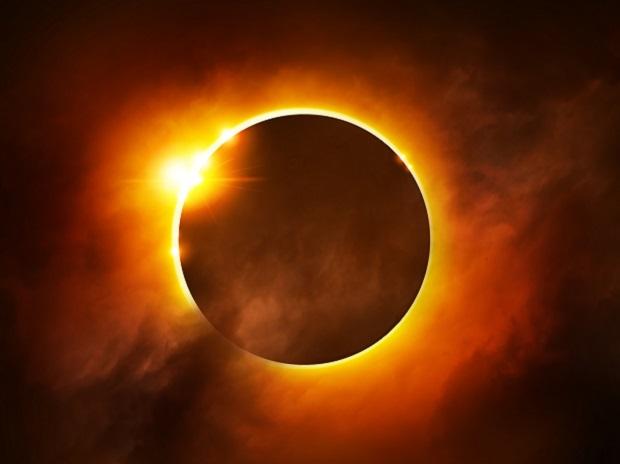Lunar Eclipse 2020: Interesting facts about today's penumbral lunar eclipse

Lunar Eclipse 2020 : A lunar eclipse will take place today. This year, a total of four penumbral lunar eclipses were expected to take place, out of which the first lunar eclipse took place on January 10, the second on June 5 and the third on July 5. The fourth one will occur today. "A penumbral lunar eclipse takes place when the sun, earth, and moon align in almost a straight line. The earth blocks some of the sun's light from directly reaching the moon's surface, and partially covers the moon with the outer part of its shadow, also known as the penumbra," Rajendraprakash Gupt, superintendent of Jiwaji Observatory in Ujjain in Madhya Pradesh said. At what time will the lunar eclipse take place The 'penumbral lunar eclipse' will begin at 12:59:09 pm and continue till 05:25:09 pm today. Lunar Eclipse 2020: Which countries will witness it? The lunar eclipse will be seen in most of Europe, most of Asia, Australia, North America, South America, Pacific, ...


